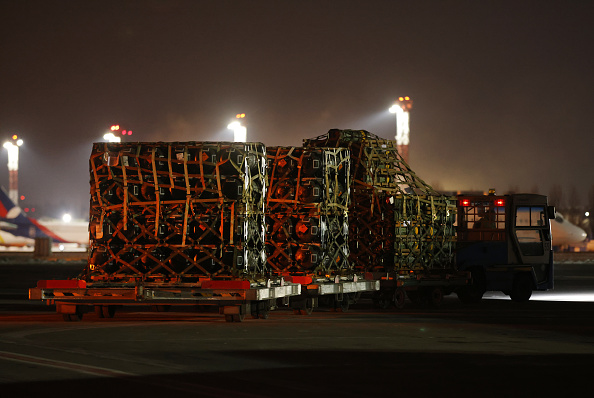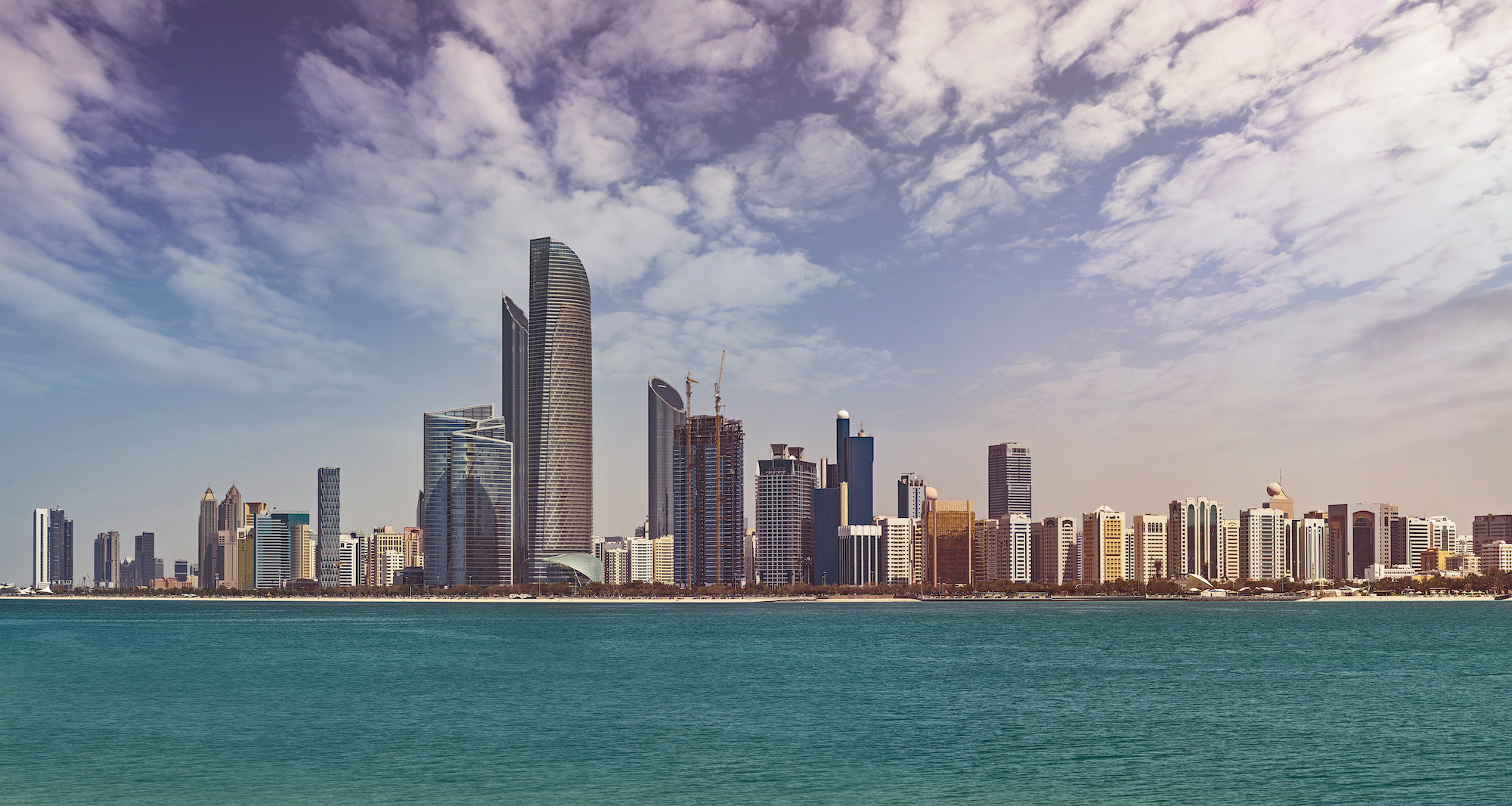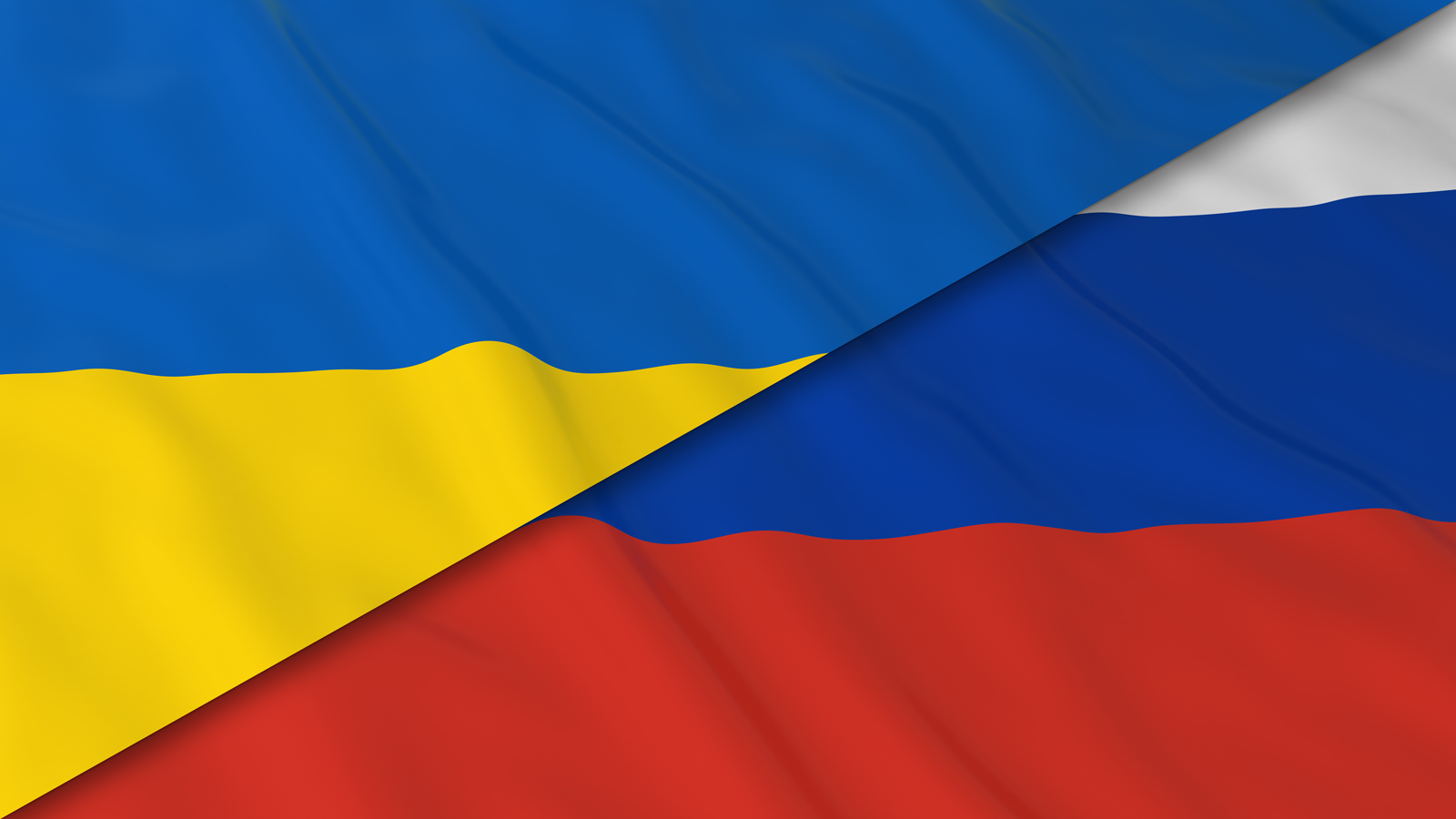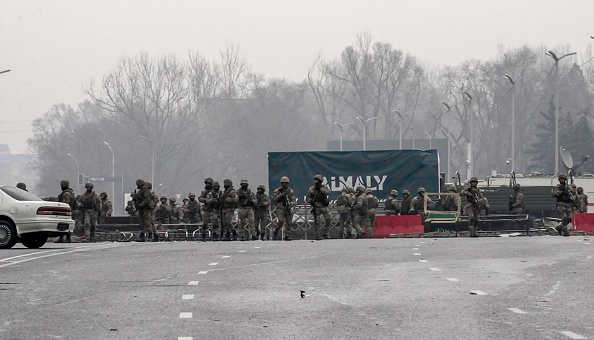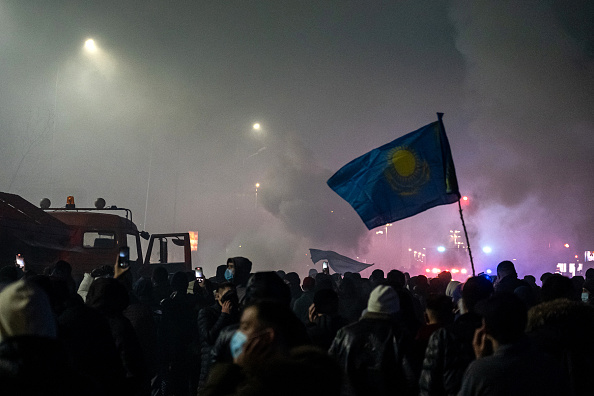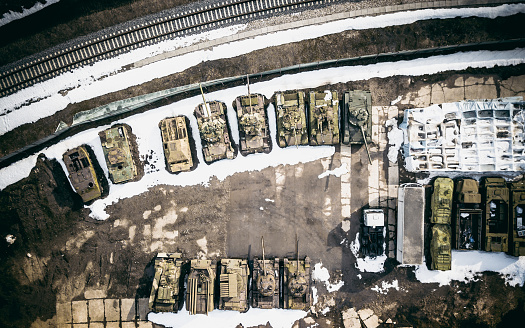Situation update
- Diplomatic efforts continue apace, with the U.S. Secretary of State holding talks with his Russian counterpart today. Last week, the U.S. delivered a formal written proposal addressing Russian demands. The U.S. has now received a written response from Russia. While many of Russia's demands are seen in Washington and Brussels as non-starters, the U.S. believes that there is mutually beneficial headway to be made in the realm of arms control. On 31 January, UK Prime Minister Johnson spoke with Russian President Putin.
- In the backdrop of the diplomatic talks, economic sanctions packages are starting to take shape. A bipartisan sanctions package is near completion in the U.S. Senate. The sanctions are purported to target major Russian banks, pension funds, and will limit the trade of Russian sovereign debt. In addition, the U.S. and NATO allies have prepared a list of Russian elites and family members to hit with economic sanctions should Russia invade Ukraine.
- Armaments continue to pour into the region. Over five 80-ton shipments of U.S. weapons have arrived in Ukraine over the last two weeks. The U.K. and other NATO members have also delivered arms to the Armed Forces of Ukraine. On 26 January, a key leader in the Russian Duma put forward a motion to authorize weapons transfers to the separatist republics in the Donbas.
- On 31 January, the US State Department ordered families of members of US government employees to leave Belarus, according to a travel advisory issued Monday. According to U.S. intelligence, there is evidence that Russia intends to expand its footprint in Belarus from its current 5,000 to 30,000 troops by early February.
- On 28 January, it was reported that Russia moved medical units with blood supplies and other casualty-treating materials near the Ukraine border. It is unclear when this development was actually detected by U.S. intelligence. The pre-positioning of these medical units is seen as one of the final logistical preparations needed prior to an invasion.
- On 31 January, the head of the separatist LPR Leonid Pasechnik accused Ukraine of moving heavy weapons into the Donbas. Ukrainian aggression—real or perceived—helps create the casus belli for Russian intervention.
- Click here for the latest map highlighting troop positions. Note: The troops positioned in the breakaway region of Transnistria (Moldova) are not formally members of the Russian Armed Forces.
Advice
- Global Guardian recommends against non-essential travel to Ukraine.
- Expats should consider leaving Ukraine while commercial flights remain available.
- Those who remain in-country should prepare emergency supplies.
Support
Our team can respond immediately with the following capabilities:
- Bespoke intelligence reports and briefings
- Armed or unarmed security personnel
- Satellite communications (phone and wireless internet)
- Emergency medical and tele-medical support
- Logistical support (food, water, generators, fuel)
- Evacuation by ground, air, or sea
Click below to contact Global Guardian's 24/7 Operations Center or call us directly at +1 (703) 566-9463.

